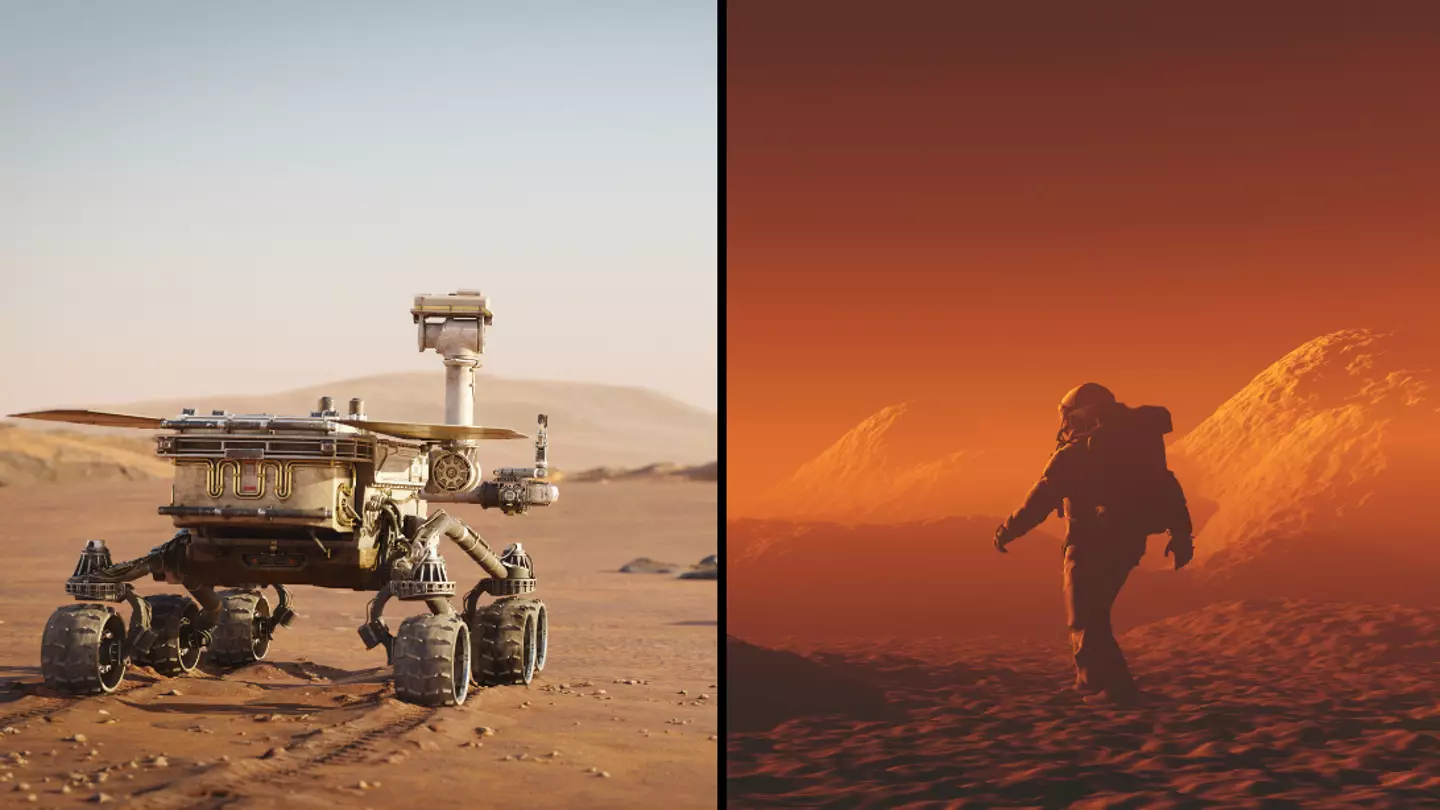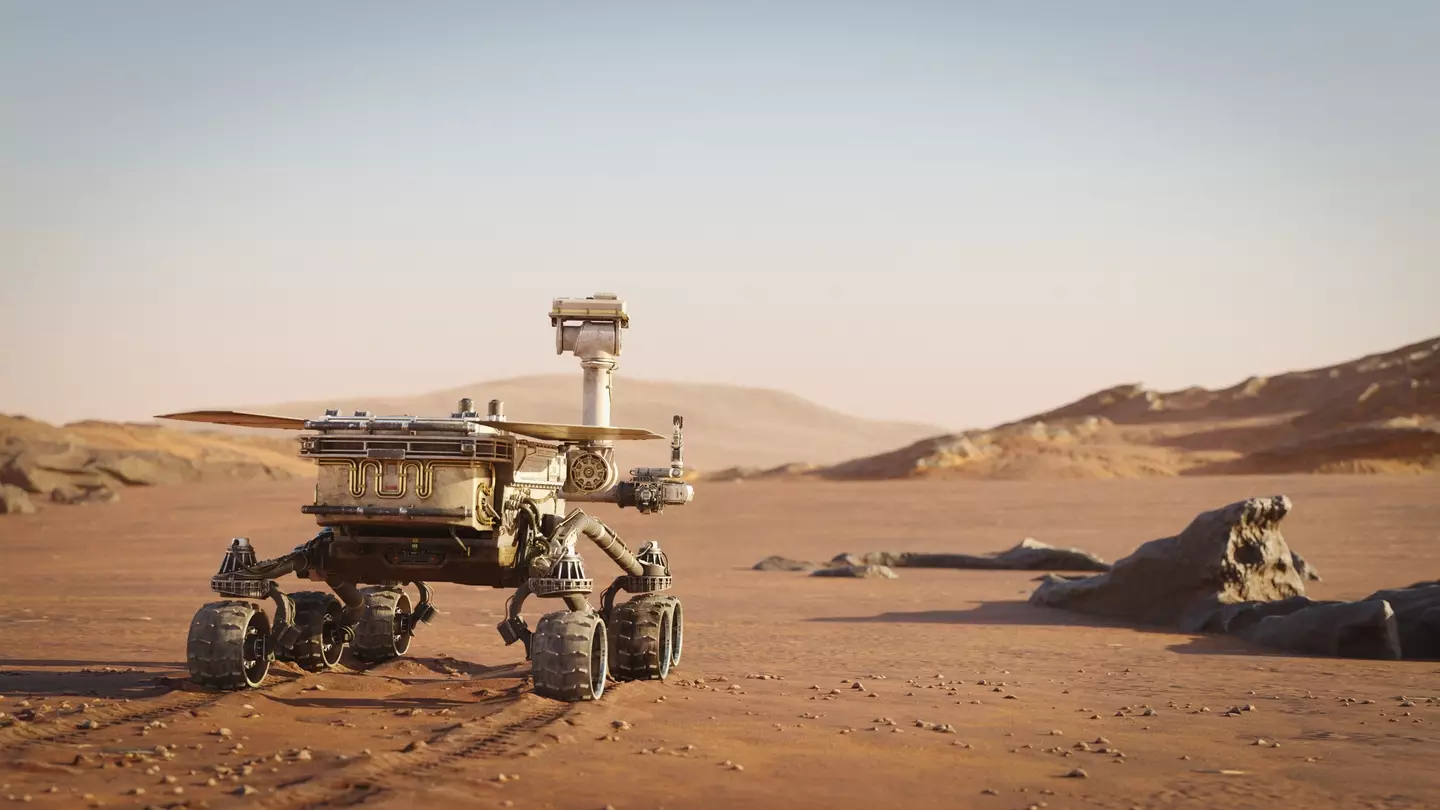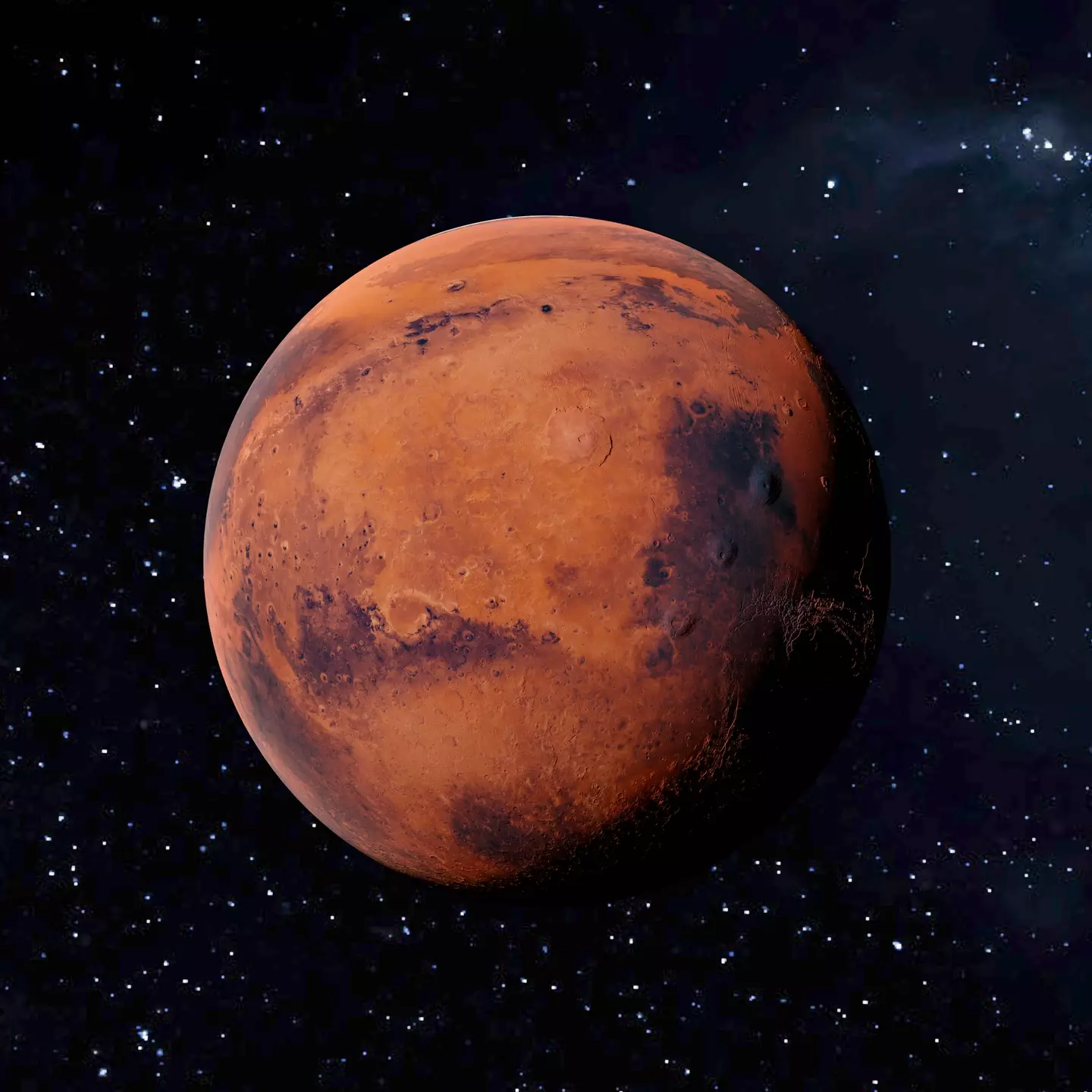
The future of space exploration is here, with NASA setting out vital steps in its search to find 'ancient alien life'.
Bill Nelson, administrator at the National Aeronautics and Space Administration in Washington DC, has provided a massive update on the future of space exploration and how NASA still hopes to find alien life that delve back far in to history.
And everything focuses around Mars. But an 'outside the box' approach is going to be needed to make the end goal feasible any time soon.
The red planet's importance in space exploration has never been more critical; that's when it's not having asteroids smashed by NASA head towards its surface.
Advert
NASA's end goal with Mars is to send people to the planet to establish a base for scientific exploration.
But the only way we get there is through our space neighbour, the Moon, with annual trips to the cosmic rock to get under way later this decade.
For now, NASA's efforts revolve around the Mars Sample Return program.

The space agency is setting its sights on a first of its kind return trip from Mars to Earth, with any shuttle arriving back on our planet possessing samples from the red planet that could be revolutionary in our understanding of the universe.
Advert
And NASA says it could be critical in our understand and discovery of alien life.
"Such samples will not only help us understand the formation and evolution of our solar system but can be used to prepare for future human explorers and to aid in NASA’s search for signs of ancient life," the agency says.
As well as alien life, the focus on Mars is to try and help astronomers understand how habitable worlds form, with the NASA Perseverance rover collecting samples from the planet since landing back in 2021.

But the major hurdles to the entire project are cost and time.
Advert
An estimated $11 billion has been earmarked as being needed for the return journey, as well as a timeframe in to 2040. Hardly around the corner.
As a result, NASA wants the entire astronomy community to work together for a 'revised plan that leverages innovation and proven technology'. NASA says it will soon ask for probe proposals from industry that could return samples in the 2030s, and lowers cost, risk, and mission complexity.

Nelson says: "Mars Sample Return will be one of the most complex missions NASA has ever undertaken. The bottom line is, an $11 billion budget is too expensive, and a 2040 return date is too far away.
"Safely landing and collecting the samples, launching a rocket with the samples off another planet - which has never been done before - and safely transporting the samples more than 33 million miles back to Earth is no small task.
Advert
"We need to look outside the box to find a way ahead that is both affordable and returns samples in a reasonable timeframe."
Topics: NASA, Science, Space, Technology, World News, Aliens